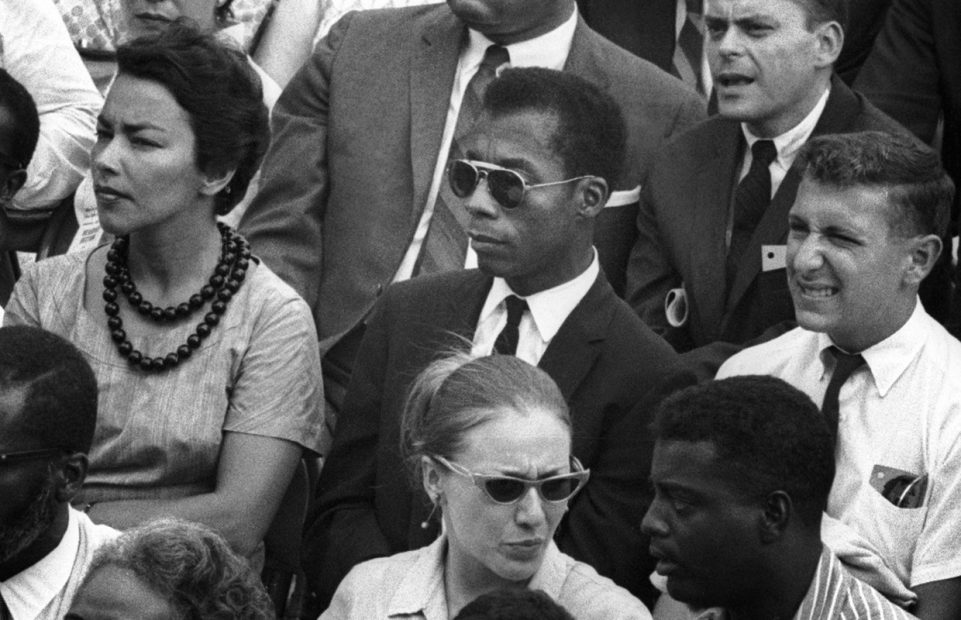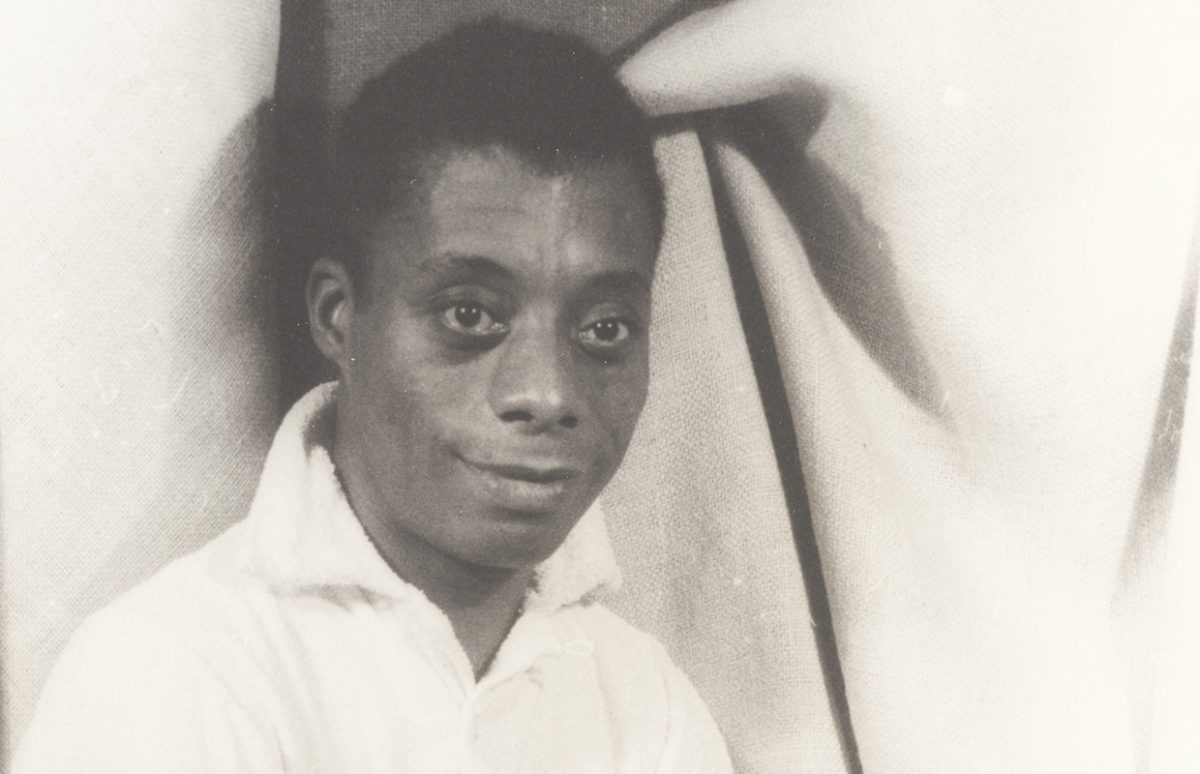2024 marks the centennial of the birth of James Baldwin, novelist, poet, playwright, essayist, civil-rights campaigner and social critic, as well as self-proclaimed American “Native Son”.
Born in 1924 in Harlem, New York, Baldwin grew up in poverty, the eldest of nine children. Harlem was home to many black families who had moved from the South during the Great Migration. But what his upbringing lacked in material comfort it made up for in intellectual sustenance with the flowering of the Harlem Renaissance in all the arts.
Baldwin’s stepfather was an evangelical preacher and from age 14 to 16, the future author became an assistant minister, honing his language skills. He later grew away from the church. At just 19, when his stepfather died, he became the family's main breadwinner, and worked any job he could get to feed his brothers and sisters.
Exile
At age 24, frustrated by the state of race relations in America, he left the U.S. for France. He lived mainly outside of the States until 1987, the year of his death. And it was from outside the country that he finally realised his dream of becoming a published writer, with his first novel, Go Tell It on the Mountain, a semi-autobiographical work about a a Harlem teenager's struggles with faith and a dominating father.
He worked across many genres: essays, novels, autobiography, plays. As well as Go Tell It on the Mountain, his major works include Notes of a Native Son, The Fire Next Time and If Beale Street Could Talk.
Baldwin was also one of the few Black authors to have more than one of his plays produced on Broadway. Particularly successful were The Amen Corner, drawing on his experience of evangelical religion, and Blues for Mister Charlie, based on the racially-motivated murder of Emmett Till in 1955.
Civil Rights
Although he lived in exile, Baldwin returned for periods to the U.S., particularly to support the Civil Rights movement in the 1960s. His oratorial skills meant he was much in demand to make speeches.

In 1979, Baldwin started a new book that was to be a homage to his his three friends and fellow civil-rights activists, Medgar Evers (assassinated on June 1963), Malcolm X (assassinated February 1965) and Martin Luther King, Jr. (assassinated April 1968). But by the time of his death in 1987, he had only completed 30 pages. But in 2016, director Raoul Peck used it as inspiration for a hard-hitting documentary I Am Not Your Negro, featuring footage of Baldwin.
A new generation discovered the legacy of a great American thinker.
Celebrating Baldwin
There are many tributes planned for Baldwin's centenary. This short video uses Baldwin's own words as part of Dartmouth Institute for Black Intellectual and Cultural Life's 100 Days of Baldwin.
And this video from his publisher features contemporary writers reading Baldwin's words and reflecting on his life.
Copyright(s) :
Library of Congress
James Baldwin- Dan Budnik - all rights reserved
Tag(s) : "African-American culture" "film" "Harlem" "Harlem renaissance" "James Baldwin" "literature" "movies" "New York" "Shine bright 1e" "Shine bright 2e" "U.S. culture" "U.S.A." "video"





